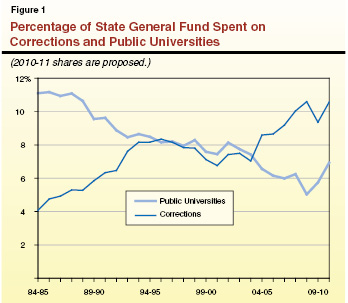Briefly, the situation in the UC can be described like this: The state has significantly defunded higher education, and education more broadly. However, the UC administration has not prioritized education and research with its budget. Instead we have seen a massive explosion of full time administrators and skyrocketing executive pay. Yes the state needs to drastically increase funding, but the university needs to be restructured and spending on education needs to be a priority.
Fossil Fuel Divestment
Just a couple weeks ago I sat in a large auditorium with UC adminstrators engaging in a "dialog" about the proposed tuition hikes. A university lobbyist told us that it was unfortunate that the tax on gasoline was beaten, but that the big oil companies had just out lobbied and out-funded the university.
The sentiment and conclusion that they were hoping naive students would take away was that the well meaning university was fighting a battle with a big mean bully and it got beat, but it tried its hardest.
The situation is actually much less heroic than that, and much more absurd. Because the university is run like a corporation, and growth is the main driving force of the UC it invests its endowment money in companies that make lots of money. Among these companies are fossil fuel companies. So the corporate model that is now our university has locked it into a situation where it is funding the very same companies that it is supposedly politically opposing. So the UC was spending money to lobby against a cause that was spending UC money to lobby. It was UC money vs. UC money.
Big oil doesn't want to help pay for education, and so we are.
Divestment from the Occupation
Companies are profiting from the illegal occupation of Palestine, and from human rights violations occurring because of this occupation. The state of Israel continually violates international law, yet is able to get away with it because it has the US backing it up -- and not just with moral support, but with billions of dollars every year in military aid. Israel is the biggest receiver of US foreign aid.
UC money goes to companies that make bulldozers that demolish Palestinian homes to make land for illegal settlements, to security companies that help run prisons where human rights are violated, and more. So our money is coming into this situation in two ways, through our federal tax dollars, and through UC endowment money. All of this money could instead be used to fund education, but is instead being used to displace people from their land and their homes, to violate their rights, and take their natural resources.
So long as companies are making big bucks off of the occupation than they will continue to lobby the federal government to support the state of Israel, and as long as the state of Israel has the backing of the US the occupation will continue. By funding these companies UC money is going into a cycle which reproduces the occupation -- which means less federal funding for education.
More money for occupation means less federal grants, and more student loans instead.
Divestment from Private Prisons

source: http://www.lao.ca.gov/reports/2010/edu/educ_prisons/web-images/SB_const%20amend_fmt.jpeg (if the graph doesn't appear then click this link)
This one is probably the easiest to understand. California has poured almost the same amount of money into prisons as it has taken out of public universities.
In California about 10% of inmates are in private prisons. It is a booming industry, and it is one that lobbies for tough on crime laws to make sure that there is a demand for the "services" it provides.
Money that could be going to making education more affordable and accessible is going to prisons instead, and private prison companies are going to fight to keep it that way, their bottom-line depends on it.
Money that could be going to making education more affordable and accessible is going to prisons instead, and private prison companies are going to fight to keep it that way, their bottom-line depends on it.

